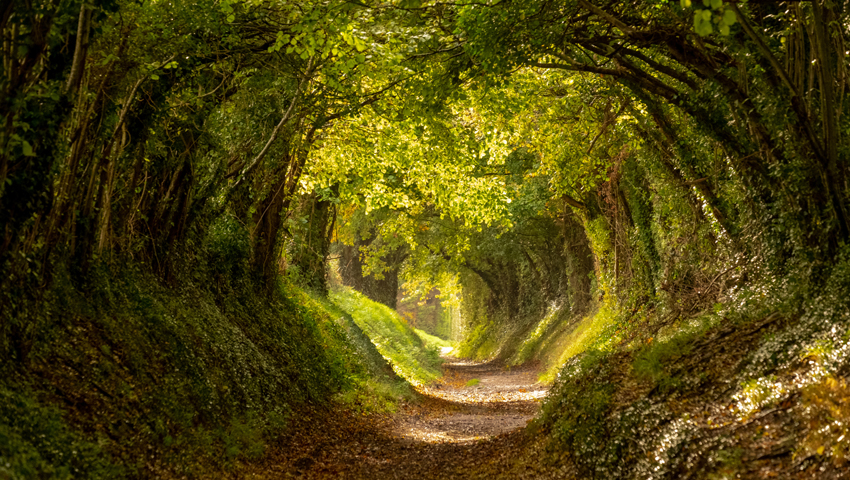AT THE end of last year, Department for Environment, Food and Rural Affairs (Defra) appointed Federated Hermes and Finance Earth as fund managers to develop a new public-private impact fund to invest in restoring nature: the Big Nature Impact Fund.
The fund will be seeded with £30m by the Defra and aims to attract private sector investment to environmentally friendly landscape regeneration.
Federated Hermes has appointed Andy Turnbull to the role of Senior Investment Manager for its UK Nature Impact investment strategy.
Turnbull will work on Federated Hermes’ blended finance strategy for the UK’s natural capital markets, which will seek to generate attractive returns by investing into high-integrity Nature-based Solutions (NbS) and nature-positive businesses across land, coasts, rivers and sea in the UK. In doing so it also aims to help address the climate and biodiversity crises. The strategy has been co-designed by Federated Hermes and Finance Earth and will go live later this year.
Turnbull said “Federated Hermes has a long history of responsible investing and delivering sustainable returns for investors. The UK Nature Impact Strategy offers a unique opportunity to address environmental challenges, while generating economic benefits for our clients, and I very much look forward to working with the team in delivering this.”
In conversation with the FT, Federated Hermes said that the proposed fund could generate an annual gross internal rate of return of 10-12%. The money would come from investments in land and habitat restoration priced for the first time to generate regulated credits, which would be purchased by developers such as housebuilders.
BNG requires at least a 10% net biodiversity gain from developers, either on-site or through the purchase of near-by off-site biodiversity compliance units. This forms the basis for a fledgling biodiversity credit market.
The FT reports that “Contracts made between developer and conservation scheme outline how much the developer will pay, and for what, using a government metric that calculates biodiversity values according to type of habitat. For instance, it takes more than 30 years to grow woodland to a good condition, so it scores less than wild meadows.
“Compliance units need to be legally secured for a minimum of 30 years and must be linked to developments on a government register. This is designed to ensure transparency in the BNG compliance market by showing which developments have purchased which units.”
The Big Nature Impact Fund is part of a broader UK government effort to accelerate the development of “high integrity” private sector nature markets. Its goal is to increase annual private investment flows to nature in England to at least £500mn by 2027, rising to more than £1bn by 2030.
